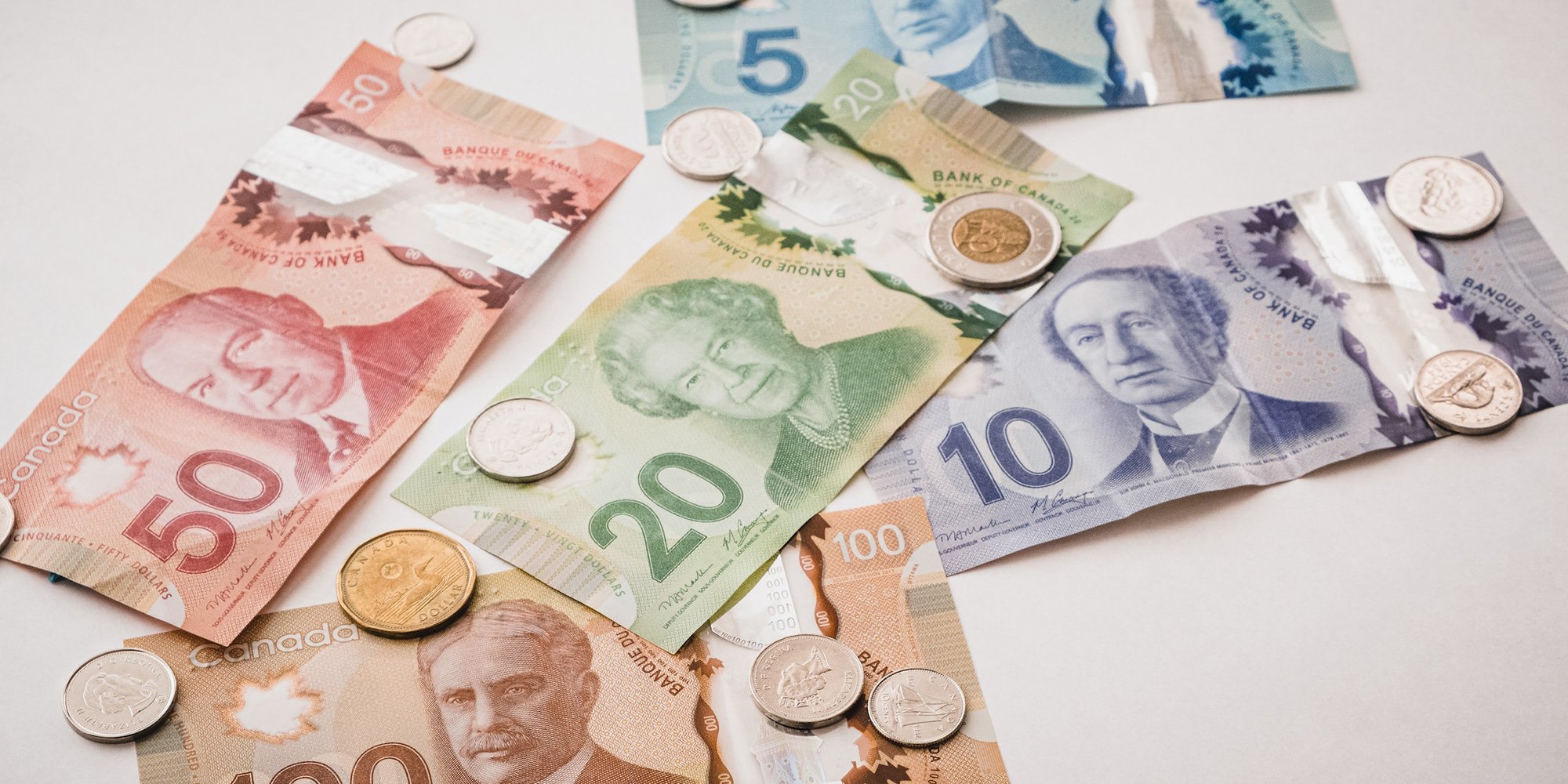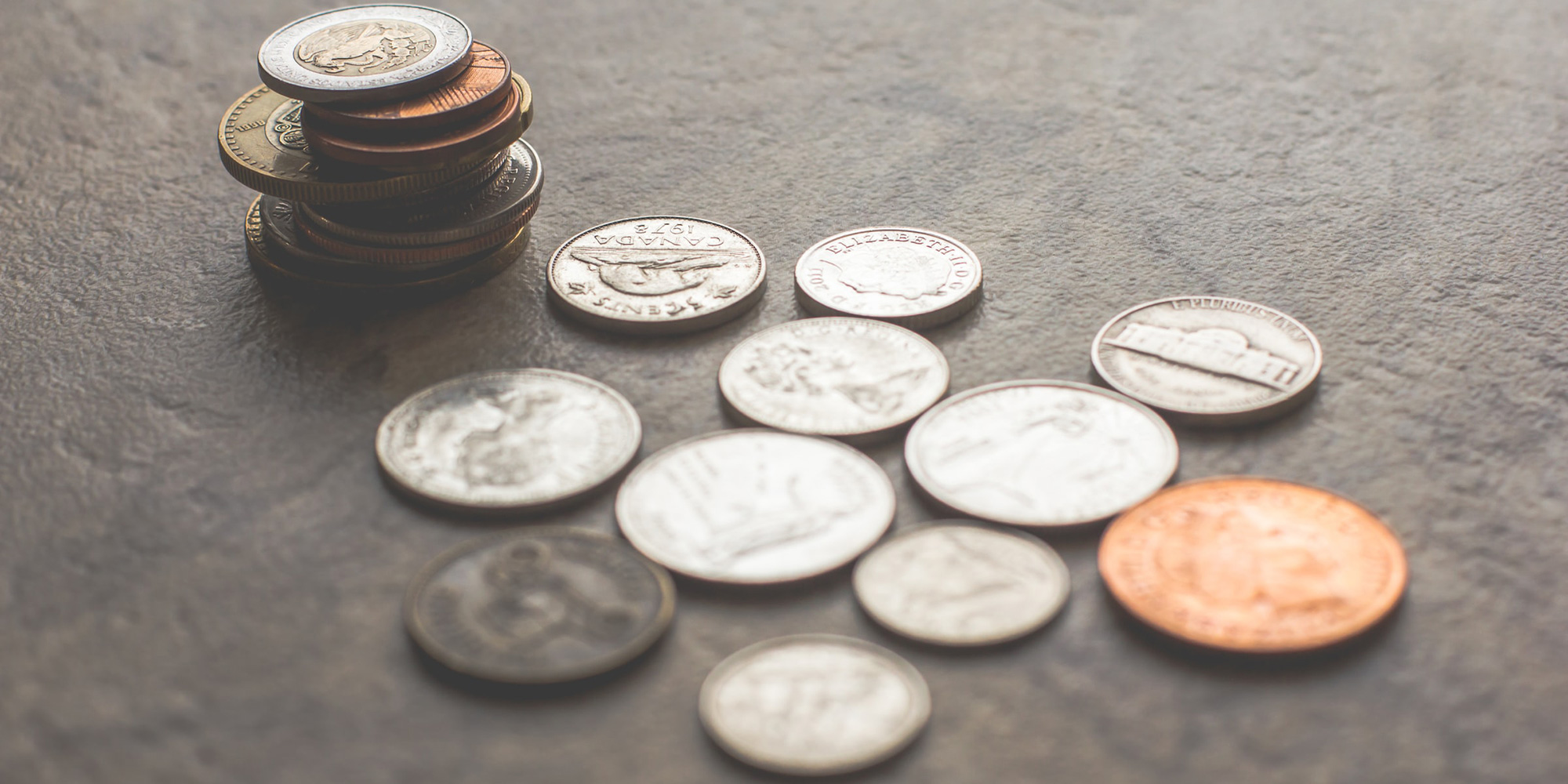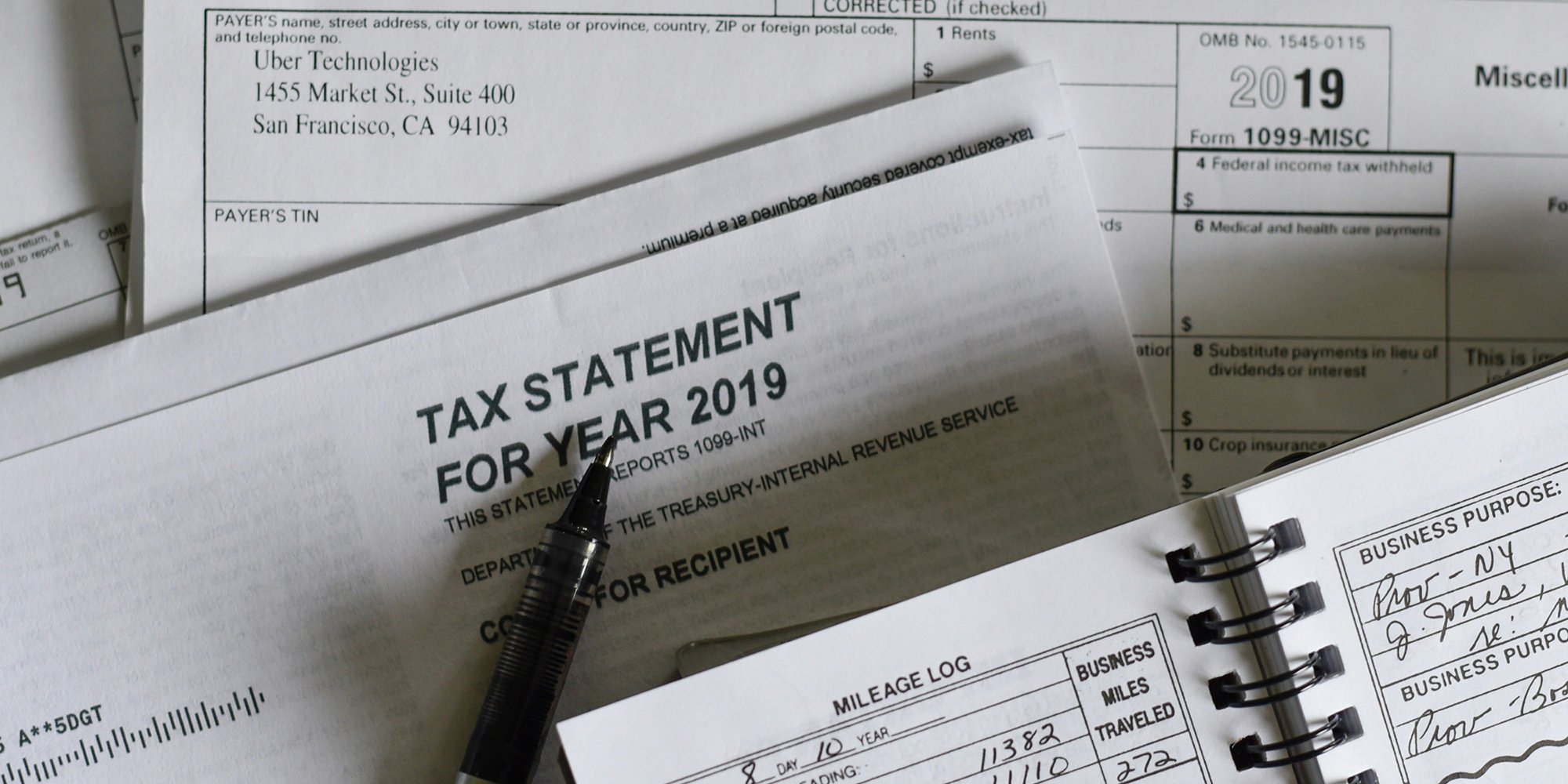Myth #1: Status Indians Exempt From Federal or Provincial Taxes
In my workshops, I frequently hear statements about unfair advantages and benefits that are available to Aboriginal People in Canada but not to...

The myth that Indigenous People do not pay taxes is one of the more enduring misconceptions regarding how easy Indigenous People have it and generates a lot of resentment among non-Indigenous Canadians. Other myths concern free education, free housing and others.
The topic of taxes and who amongst the just over 1,400,000 Aboriginal People pays what and who doesn’t generates quite a bit of confusion so we thought we would provide some facts. In this article, we use the term "Indian" as that continues to be the legal definition.
Most income, sales and property tax exemptions only apply to status Indians (637,660) who live or work on a reserve. Less than half of all registered status Indians live on reserve so the number who are actually eligible for tax exemptions amounts to about 314,000 people. [1] To put it in perspective, somewhat less than half of all registered status Indians live on reserve so less than 1% of the total population of Canada are exempt from paying certain taxes.
All other Indigenous people – Inuit, Métis and non-status Indians - pay taxes on the same footing as non-Indigenous people. However, in January 2015 the Supreme Court of Canada ruled that Métis and non-status Indians are "Indians" under the Constitution Act. This could mean that Métis and non-status Indians will also be eligible for the same tax exemptions. The federal government is considering its options in terms of appealing the decision.
Personal property tax exemption facts:
Also, based on Supreme Court decisions, Indian property not situated on a reserve will generally be subject to tax just like property held by other Canadians.” [2]
Income earned on a reserve is exempt, whether or not the employed status Indian person lives on or off reserve. Income earned off-reserve is taxed on par with non-Indigenous taxpayers.
So, in terms of how many status Indians are receiving income tax exemptions:
“Goods bought off a reserve by Indians, Indian bands, and unincorporated band-empowered entities are subject to GST/HST unless the goods are delivered to a reserve by the vendor or the vendor's agent. The GST/HST does not apply to goods bought on a reserve by Indians, Indian bands, and unincorporated band-empowered entities.” [4]
In 2012, Justin Bieber infamously stated in an interview for Rolling Stone magazine "I'm actually part Indian. I think Inuit or something? I'm enough percent that in Canada I can get free gas."
Reality check – status Indians who present their status card when purchasing gas on reserve are tax-exempt. This does not apply to gas purchased off reserve.
We have covered just four aspects of the more commonly held misconceptions about Aboriginal Peoples and taxes. So, when you hear the statement “First Nations don’t pay taxes” you will know differently. We also would like to point out that not paying taxes is practically a national pastime - consider all the non-Indigenous Canadians and corporations who actively look for loopholes to avoid paying taxes.
I don't have a business on reserve and I don't work on reserve therefore I pay taxes like almost all other Canadians.
Although we talk about taxes in this article, we are not tax experts or even accountants, and if you do have specific questions about Indian taxation you should find a qualified accountant who is familiar with Indian taxation. I also recommend you contact the Canada Revenue Agency for specific questions about taxation.
[1] 2011 National Household Survey: Aboriginal Peoples in Canada: First Nations People, Métis and Inuit
[2] Canada Revenue Agency website
[3] 2011 National Household Survey: Aboriginal Peoples in Canada: First Nations People, Métis and Inuit
[4] Canada Revenue Agency website
Featured photo: PiggyBank.ca, Unsplash

In my workshops, I frequently hear statements about unfair advantages and benefits that are available to Aboriginal People in Canada but not to...

It’s tax time and that means tax pain, as the television commercials say. Tax time is also the time of year that one hears the common myth that...

Every year when the calendar rolls over to tax time the old refrain “Indians* don’t pay taxes” is trotted out by Canadians who truly believe the...